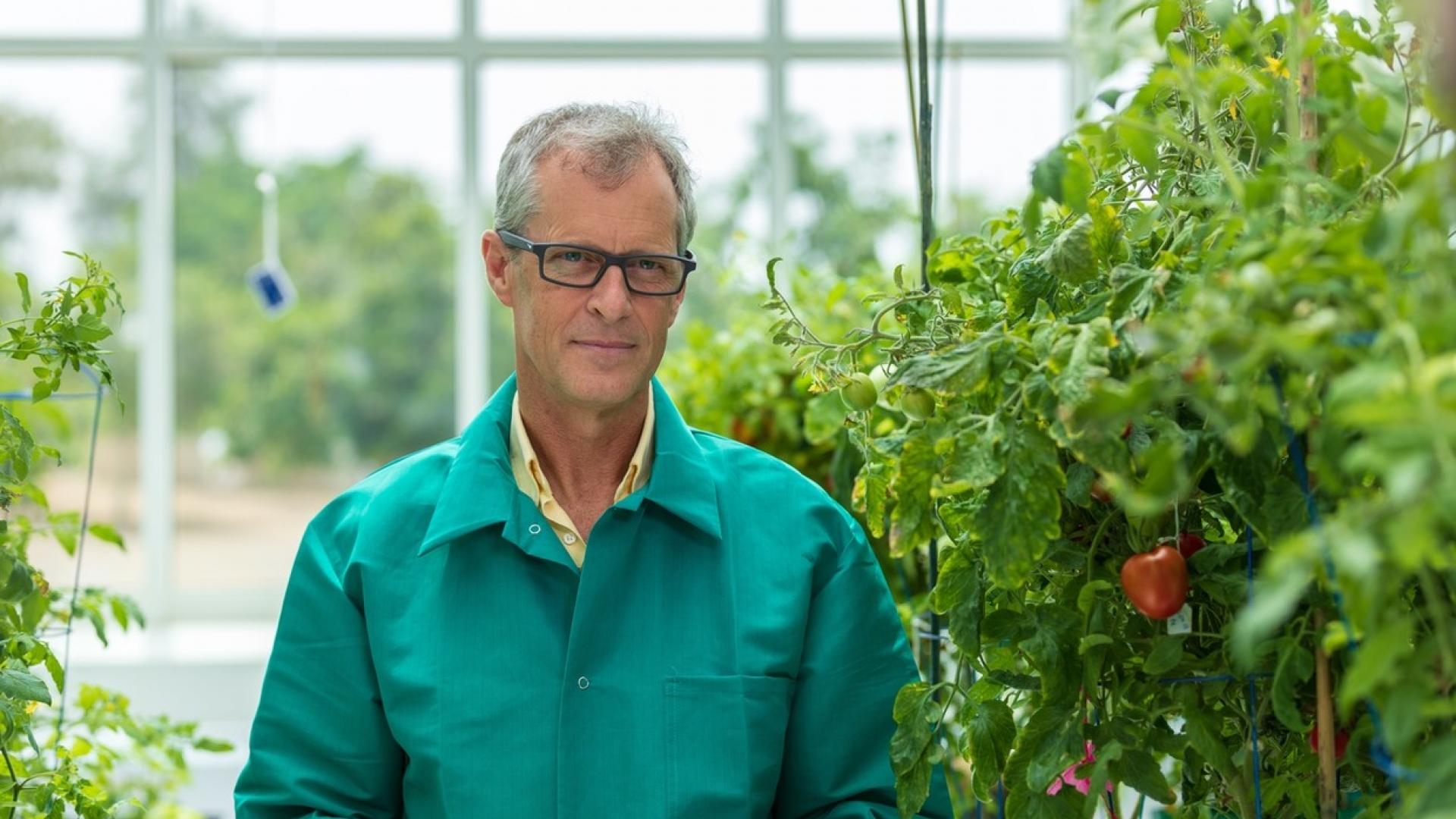The Center of Excellence for NEOM Research at KAUST presents a lecture on the NEOM Food Sector by KAUST Professor and NEOM Food Sector Head, Mark Tester.
NEOM is a high-tech destination of the future that is envisioned to have a population of 1 million by 2030 which will orient the development of technologies towards a sustainable future in the areas of water, energy, mobility and food. In this lecture, Mark Tester will introduce the principles and vision of NEOM, and focus in particular on the food sector, which he leads—and for which he is seeking input from across KAUST—to help develop it into one of the most secure, healthy and sustainable food sectors in the world.
Significant amounts of research funding for research projects are expected to be made available during 2020. Areas into which input is sought cover engineering, computer science, marine biology, and plant science and specifically include: seawater agriculture systems; water use efficiency in irrigated systems; neo-domestication of plants with salinity tolerance for food, fish feed, and pasture; removal of chilling-dependence of crops; sustainable fish feed; low methane-emitting cows; robotics in agriculture; sensors for food systems.
Mark Tester will also discuss plans for a KAUST@NEOM workshop on September 26 to 28 at NEOM, in which professors and research scientists are invited to attend, to develop ideas in these areas of research.
About the Speaker
Mark Tester is professor of plant science at KAUST and is head of the Food Sector at NEOM and co-founder of Red Sea Farms LLC. Prior to joining KAUST in February 2013, he was an ARC Federation Fellow and professor of plant physiology at the University of Adelaide, where he established the “Plant Accelerator.” Previously, he was a senior lecturer at the University of Cambridge, where he also received his Ph.D. in 1988. Mark’s research aims at understanding molecular processes that allow plants to survive in suboptimal conditions and using this to improve abiotic stress tolerance of crops. In 2017, he led the publication of the quinoa genome sequence in Nature; in 2018, he became a Clarivate highly cited researcher; and in 2019, he won the Khalifa International Award for Distinguished Innovative Studies and Modern Technology, and his company, Red Sea Farms, won the Saudi Arabian Entrepreneurship World Cup.
